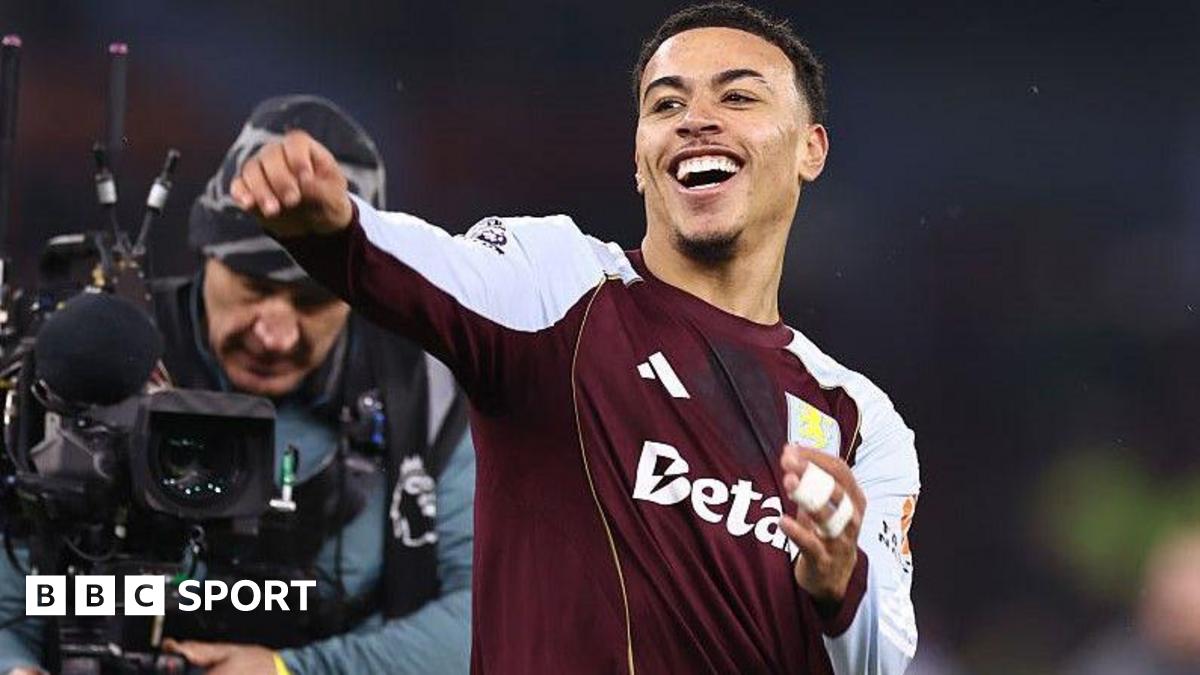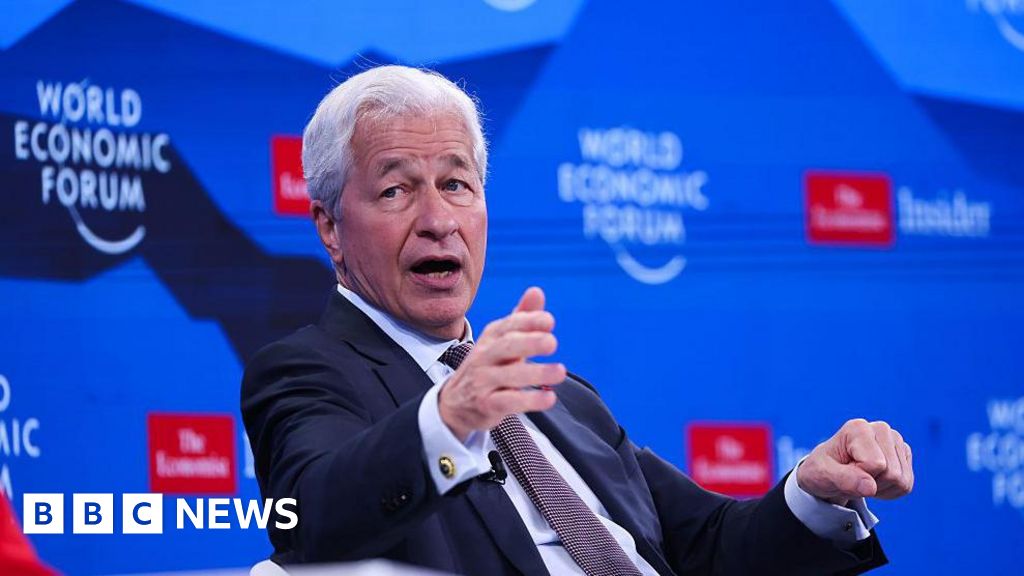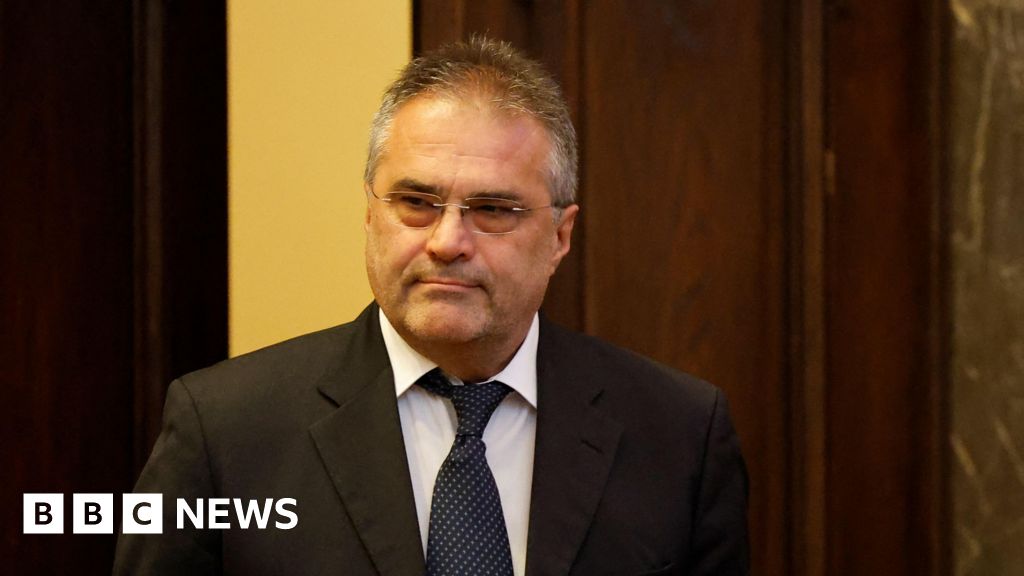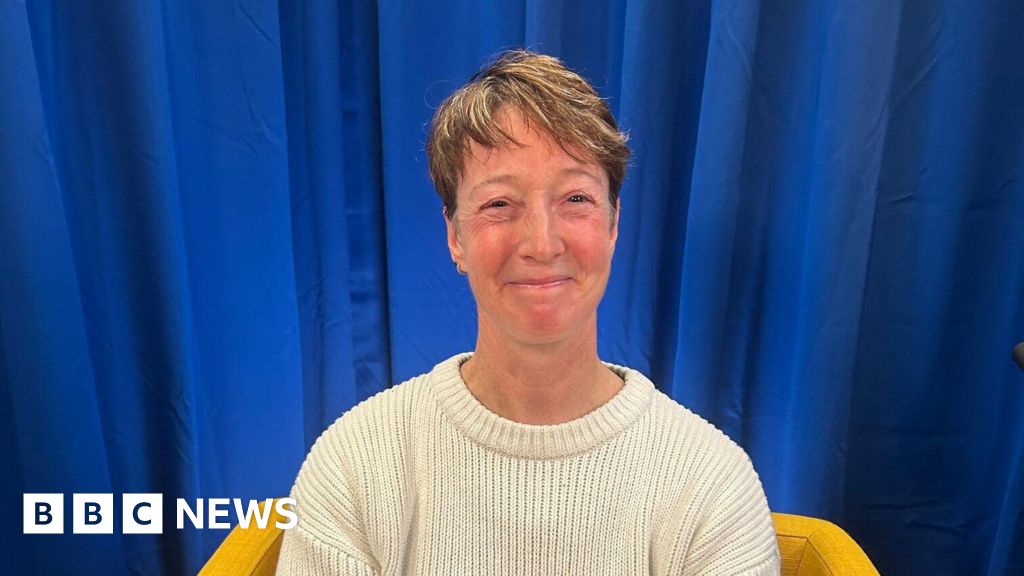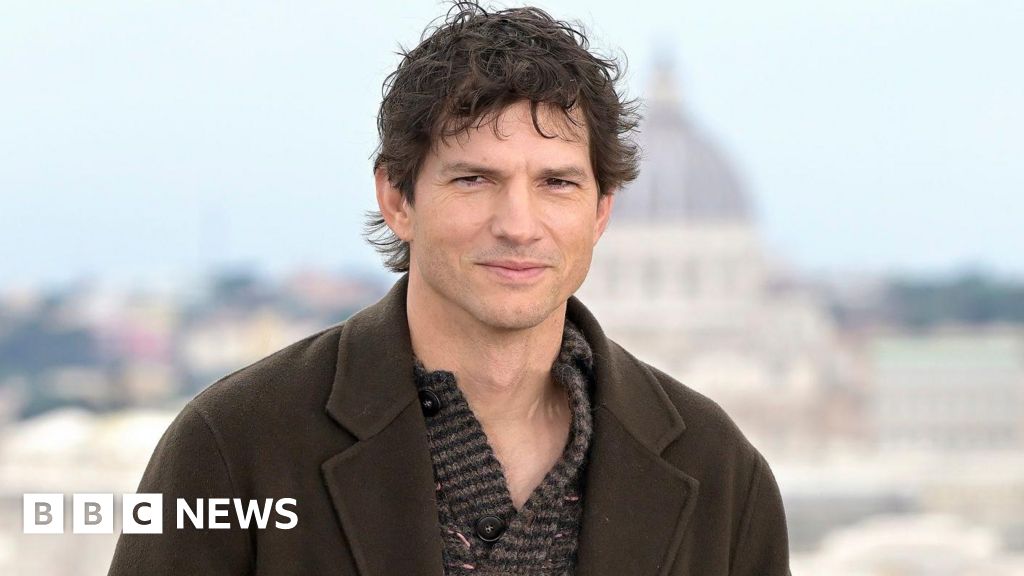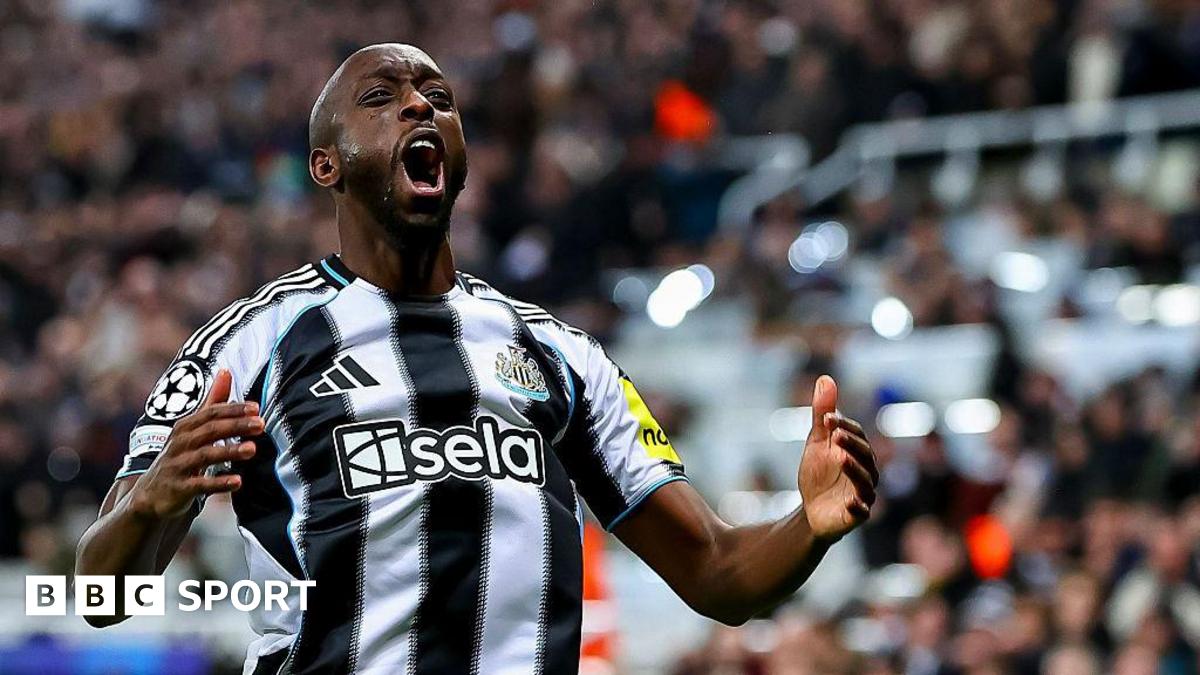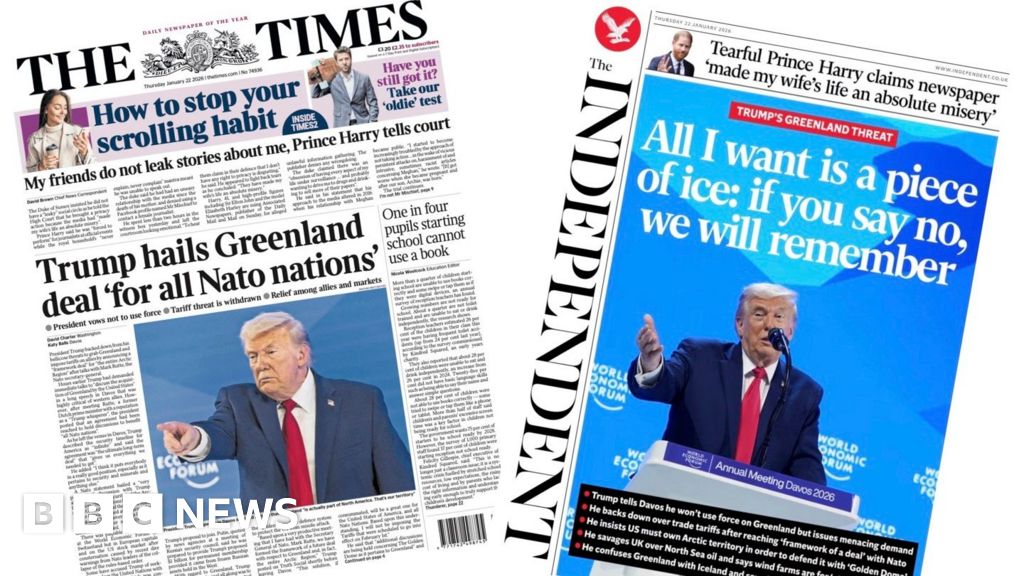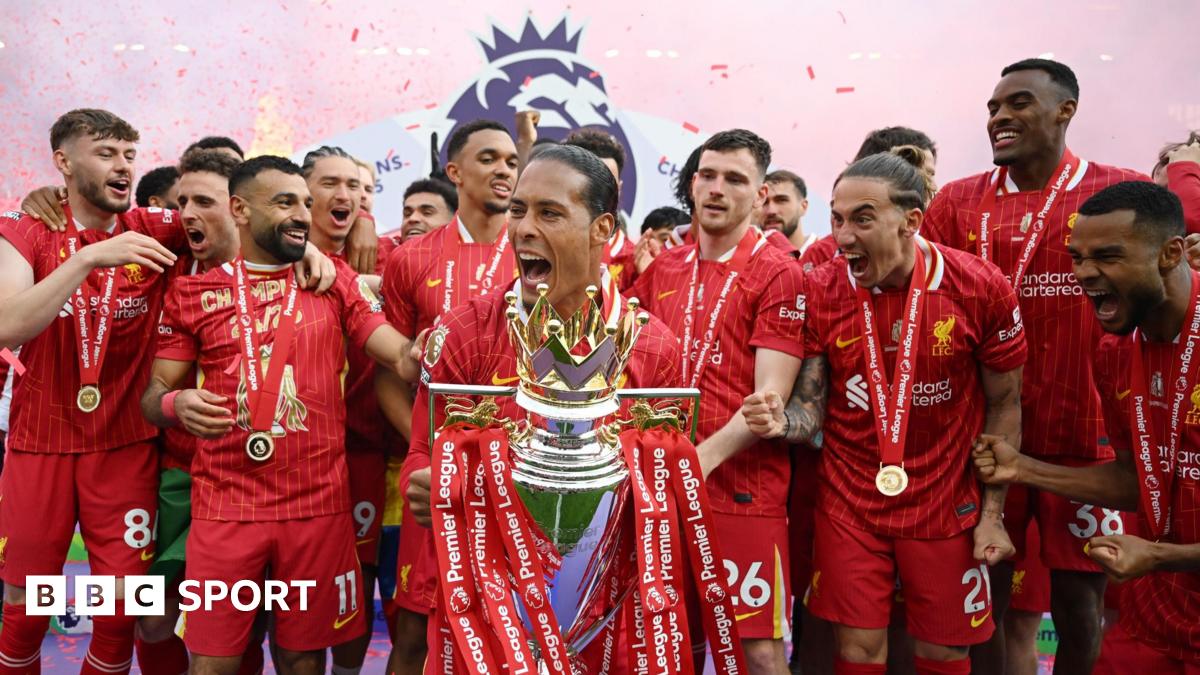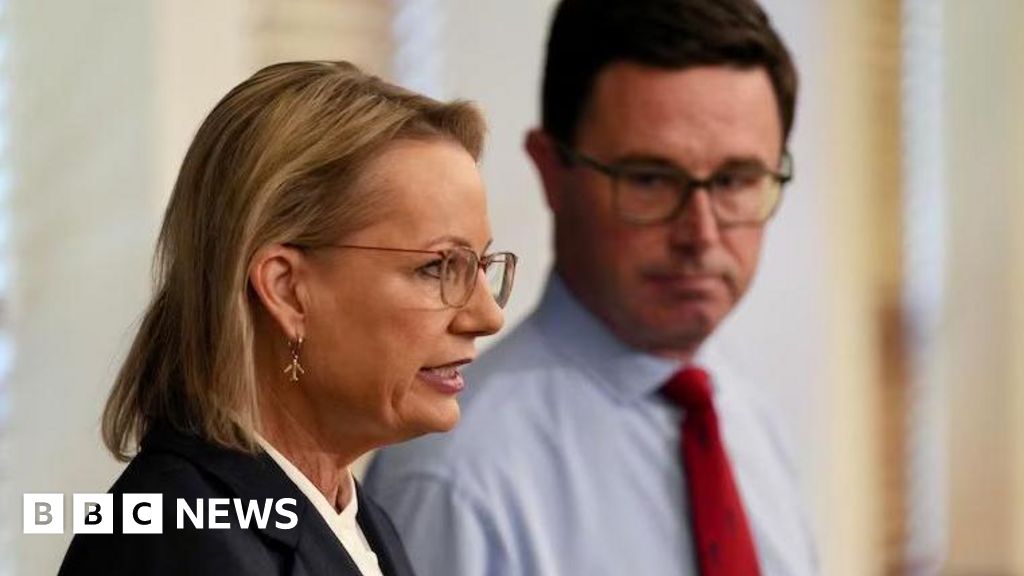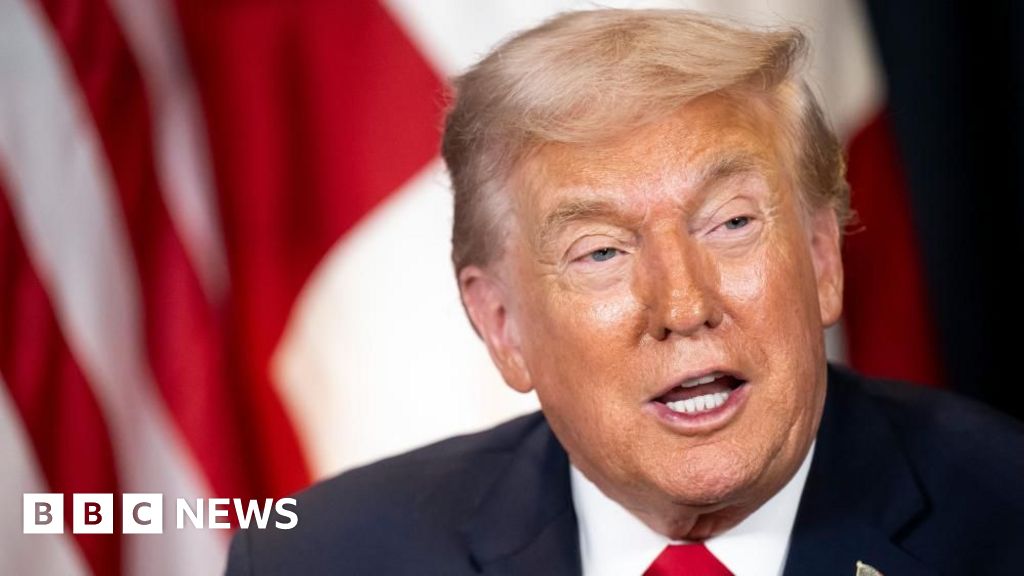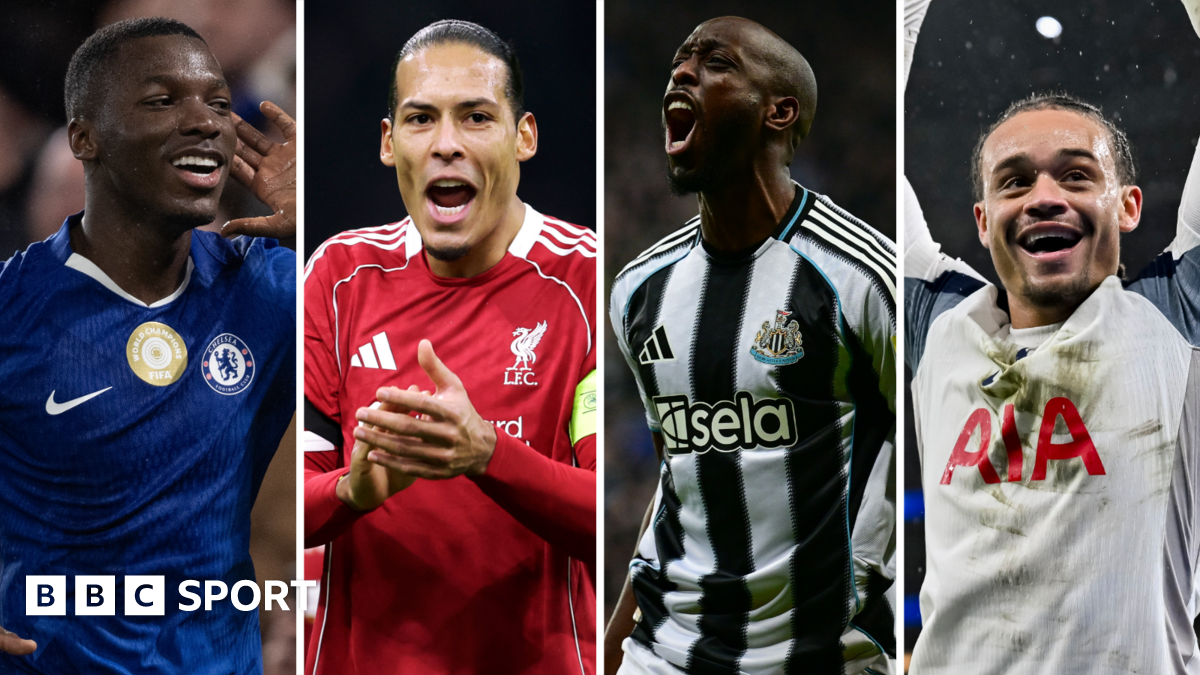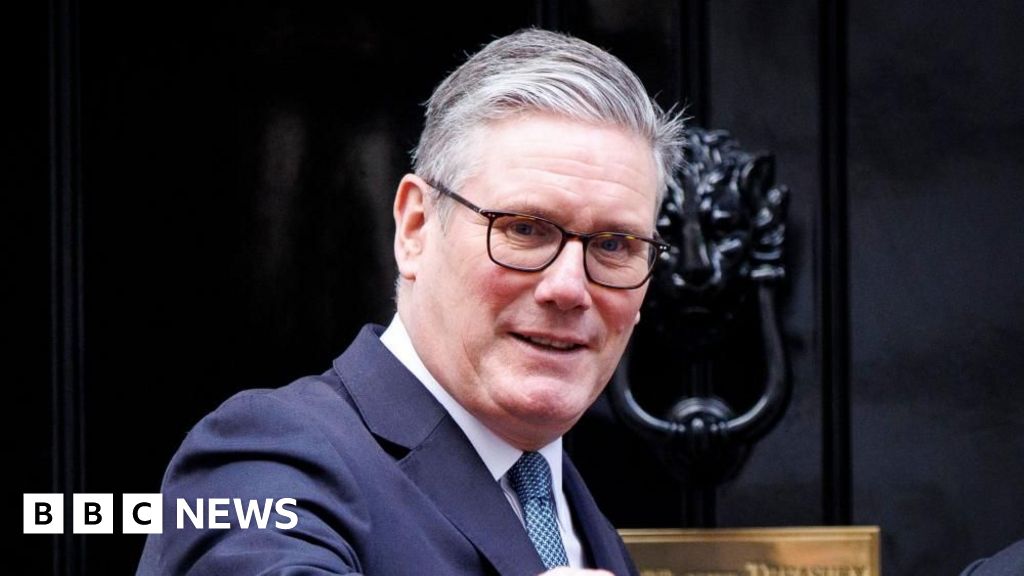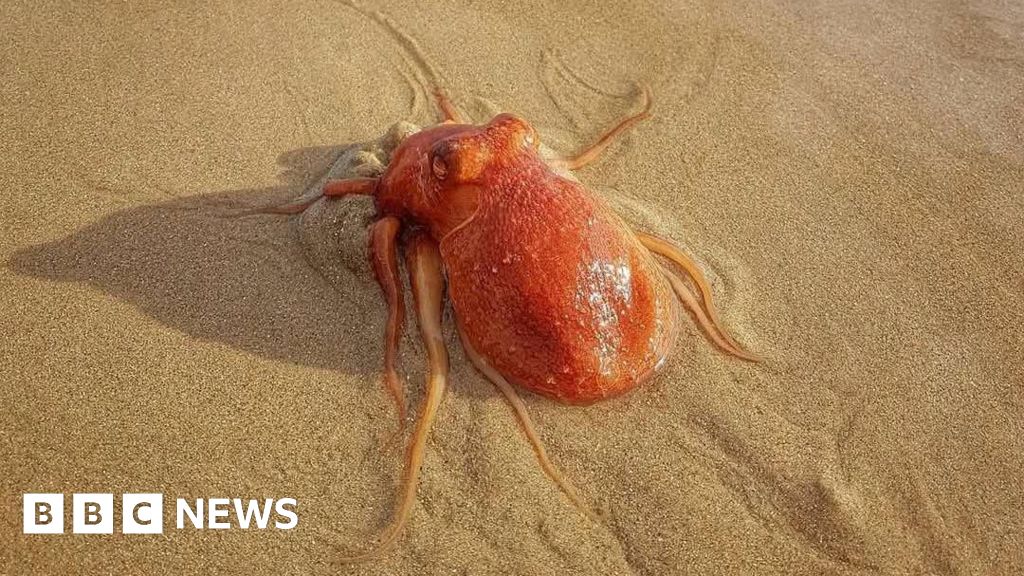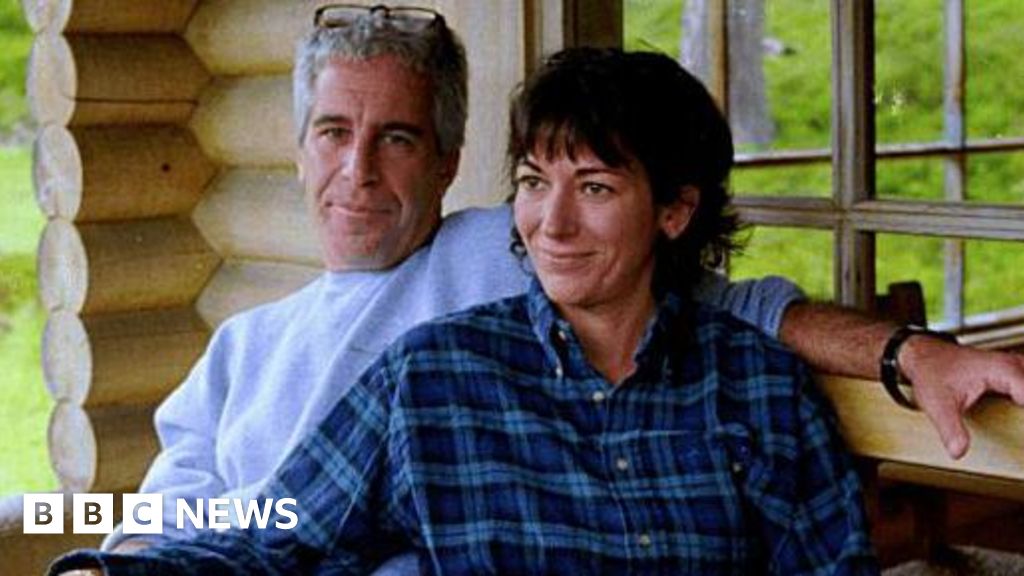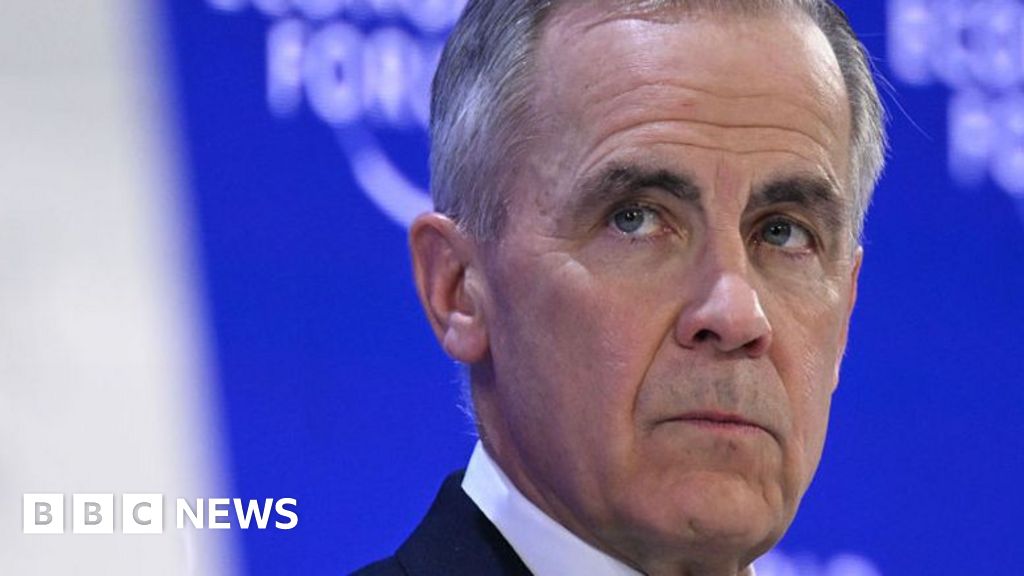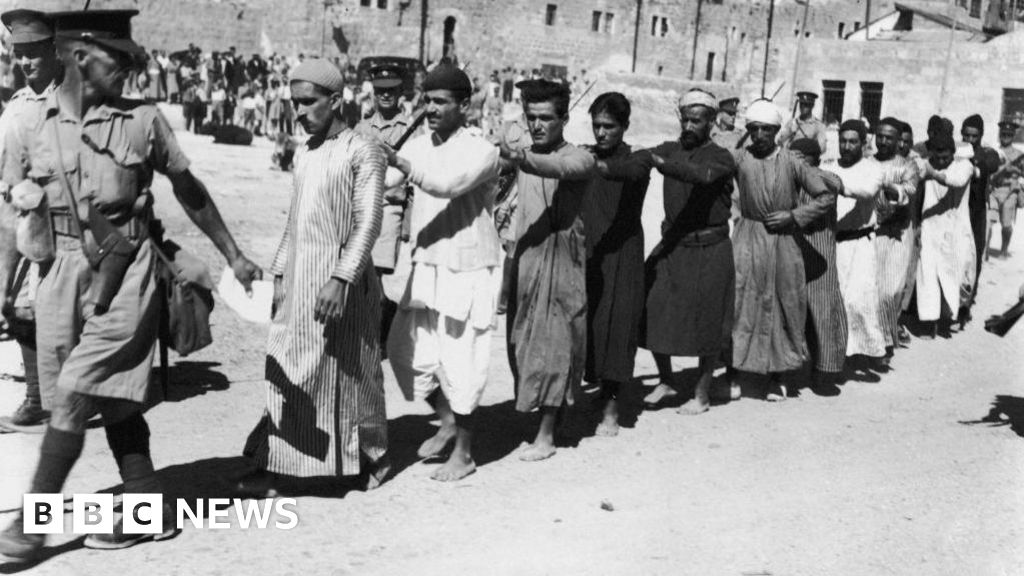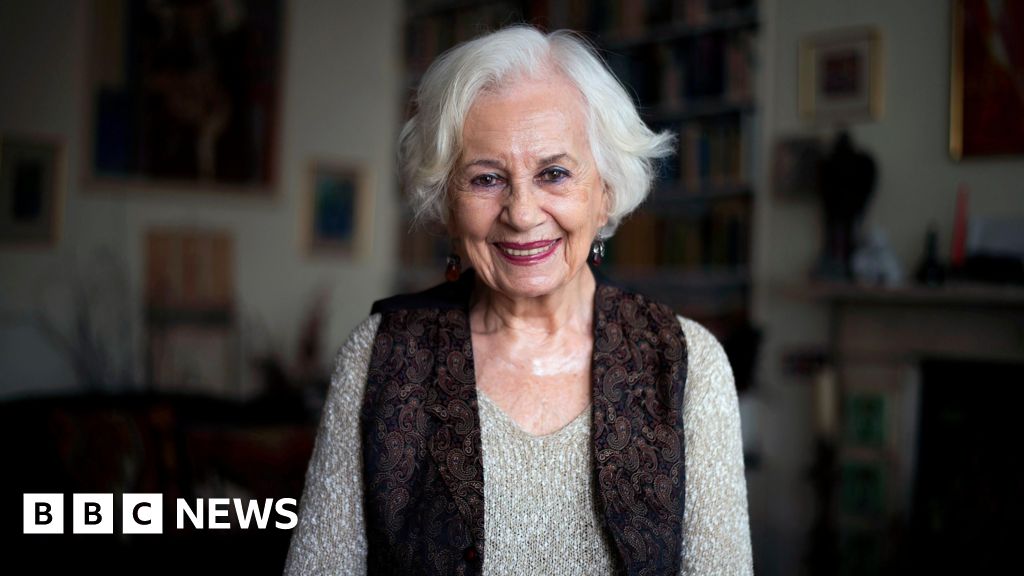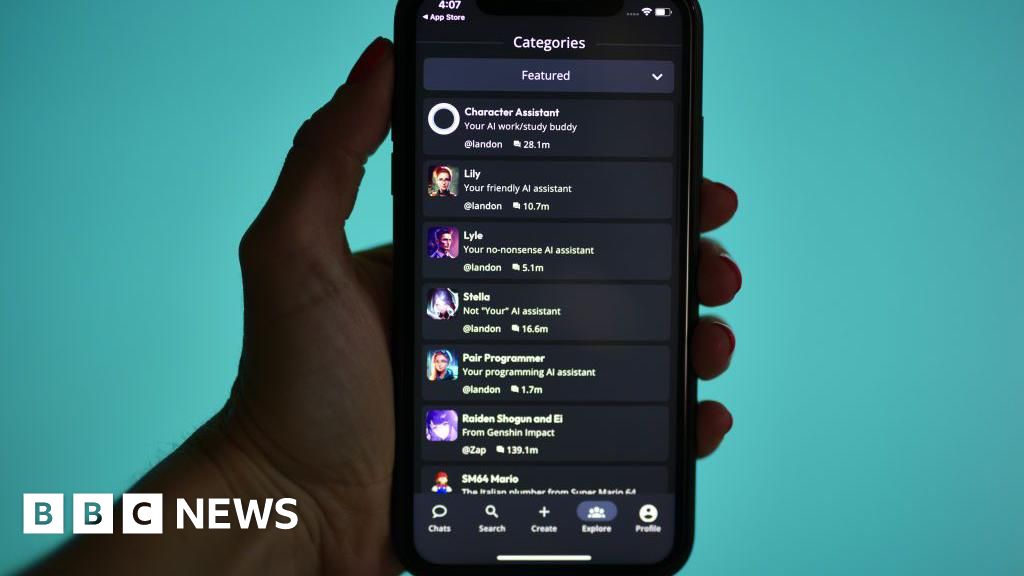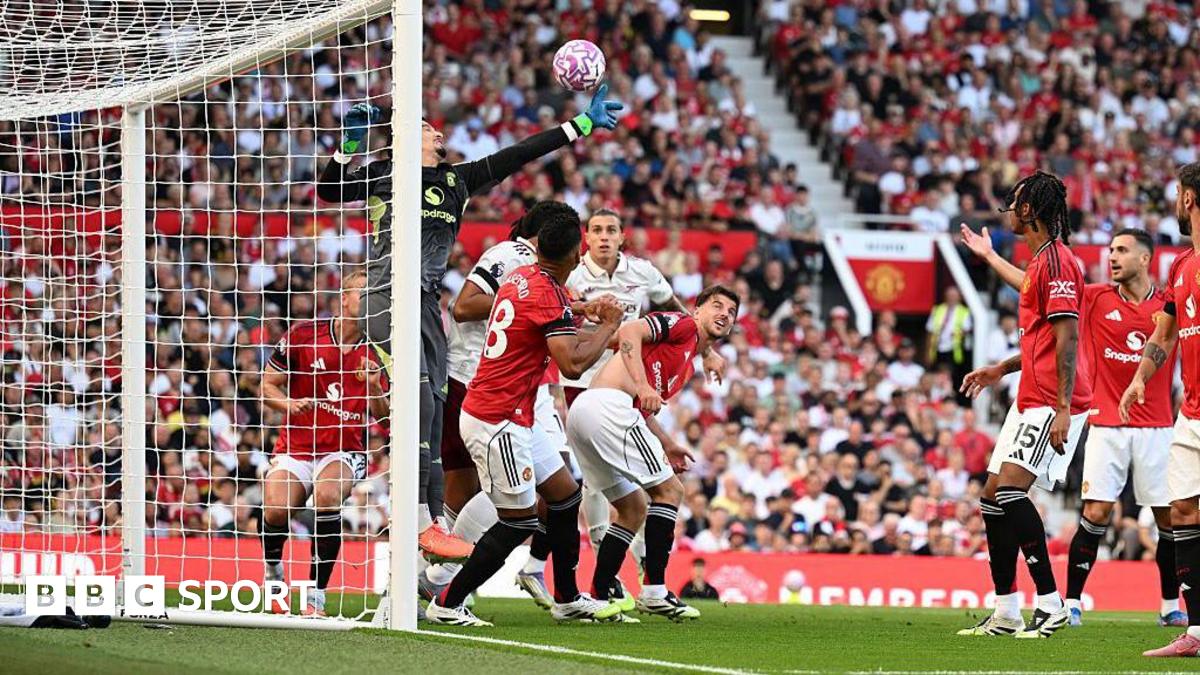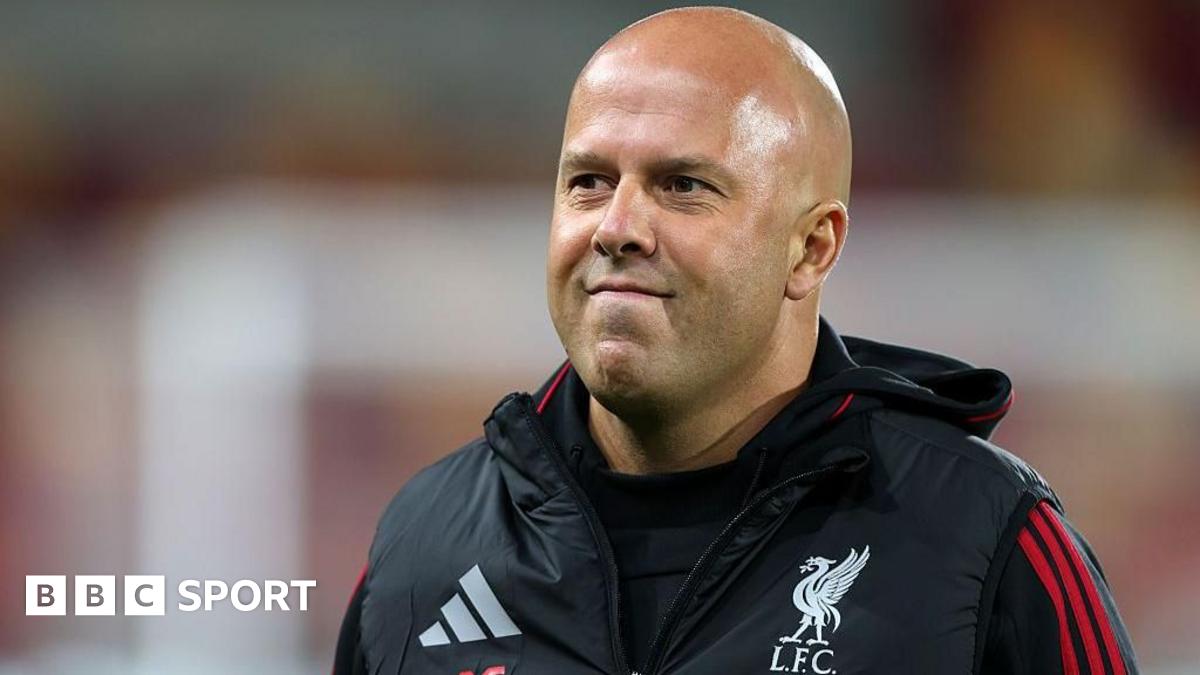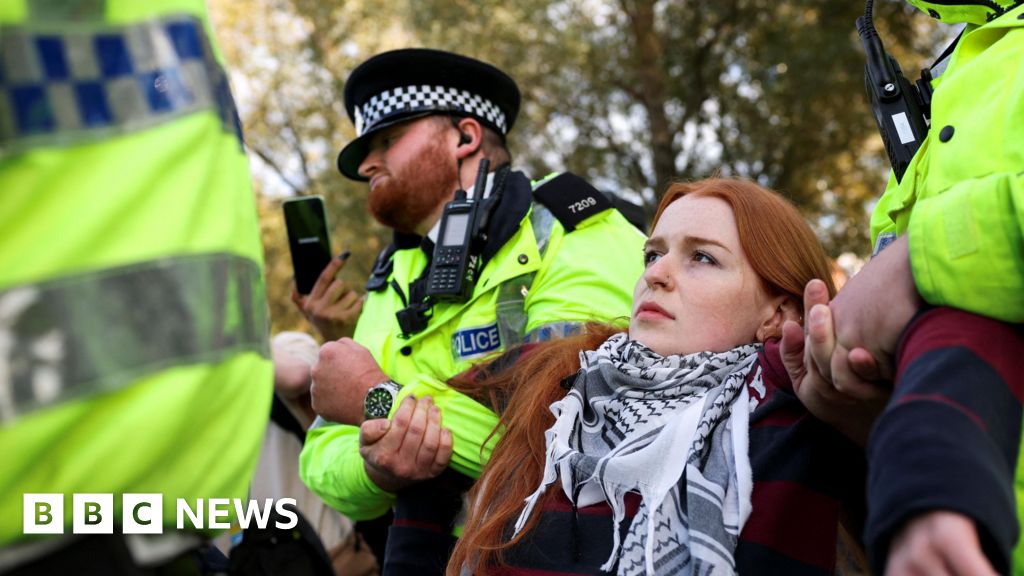Millie Bright's international retirement is a reflection of a changing of the guard in Sarina Wiegman's England team - but her impact on their success is unquestionable.
The 32-year-old played an instrumental role in the Lionesses' Euro 2022 victory, starting all six matches as they claimed a first major trophy.
She wore the captain's armband as England reached the World Cup final a year later and was a dependable leader throughout her international career.
Ending an impressive nine-year stint with England, Bright has 88 caps to her name and will hang up her boots as one of the country's most influential figures.
Bright's decision is not a surprise but still a loss for Wiegman given her years of experience and the respect she has from her team-mates.
It has been a growing possibility ever since Bright withdrew from the Euro 2025 squad - a tournament England went on to win - stating she was "not able to give 100% physically and mentally".
Her position in the side was no longer certain, with young defenders Maya Le Tissier and Esme Morgan continuing to progress with England, as well as the emergence of fresh WSL talent such as Arsenal's Katie Reid this season.
Wiegman also enjoyed success at Euro 2025 with Leah Williamson, Alex Greenwood, Jess Carter and Morgan all combining in centre-back roles.
It all led to question marks over whether Bright would return to the squad this month for the upcoming friendlies against Brazil and Australia.
Wiegman has relied on a trusted, core group of players during her time in charge - but she is also ruthless and will not stand still if other prospects come to the fore.
Bright is still competing at the highest level with her club, captaining Chelsea and starting all of their WSL matches this season.
They will attempt to defend the three domestic titles they won last season, as well as chasing the elusive Women's Champions League trophy they are yet to win.
That will no doubt have played a factor in Bright's decision to step away, with the football calendar piling up and competition for places at England building.
Bright's grasp on an England starring role began when she played in five of their six matches at the 2019 World Cup en route to the semi-finals.
She was sent off after receiving a second yellow card in the semi-final defeat by the United States - a game which hinted at future success for England, albeit one that ended on a sour note for Bright personally.
As a mainstay under former manager Phil Neville, Bright was among those who had started to steer England towards a major tournament final, but had just come up short, as interest in the women's game was slowly increasing.
They were a long way off selling out crowds at Wembley Stadium and were still battling for basic resources at club level but had formed one of the teams who were starting to ask questions of the all-conquering United States.
However, it was in 2022 when Bright cemented her place in Lionesses history and had her biggest year for her country.
Alongside captain Williamson, they formed an impenetrable partnership at the Euros, leading from the back and guiding a youthful, yet talented England team to success.
She was undoubtedly one of the stars despite not dominating the headlines in the way Chloe Kelly, Beth Mead or Mary Earps did.
A towering presence, who usually came out on top in a one-on-one duel, Bright was often Wiegman's go-to person off the pitch, and she even did a job up front on occasions when it was needed on it - most notably finishing joint-top scorer at the inaugural Arnold Clark Cup in 2022, sharing the Golden Boot award with then-Ballon d'Or winner Alexia Putellas.
As the vice-captain, she was vocal in the dressing room, an important part of Wiegman's leadership group and someone young players often turned to for advice.
She was seen as one of the jokers of the group, usually found stood near best friend Rachel Daly or midway through a TikTok dance with Mary Earps.
In the aftermath of England's Euro 2022 victory, she became a familiar name among casual viewers and carried the weight of responsibility going into the 2023 World Cup in Williamson's absence, knowing external expectation had grown tenfold.
Off the pitch she became a fierce advocate for mental health support and was among those who played a key part in the Lionesses' call for equal access for girls football in schools following their Euro 2022 success.
England's transformation under Wiegman since her arrival in 2021 has been dramatic but Euro 2025 marked the start of a new era under the Dutchwoman.
Although familiar faces remain from the start of her tenure, Bright's international retirement is the latest from a historic generation that is starting to pass on the baton.
She follows in the footsteps of goalkeeper Earps, defender Daly, record goalscorer Ellen White, midfielder Jill Scott and playmaker Fran Kirby who were all key components of England's success in 2022.
There were new faces who shone this summer, most notably on-loan Brighton forward Michelle Agyemang and Chelsea striker Aggie Beever-Jones.
They are the names England fans expect to see at the 2027 Women's World Cup and that will lead the country into a new era under Wiegman.
They can look at Bright's elite career as an example of huge success and longevity, and as one of the figures who led the way for positive change in women's football.
It is the end of an era for Bright and England - but the true scale of her impact on the Lionesses is yet to be seen and will surely be felt for many years.

 3 months ago
93
3 months ago
93
